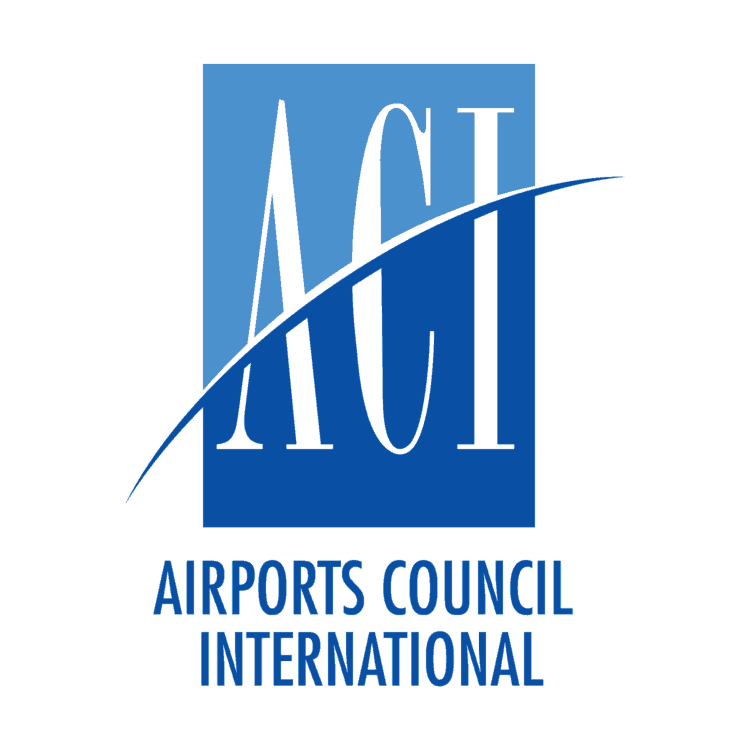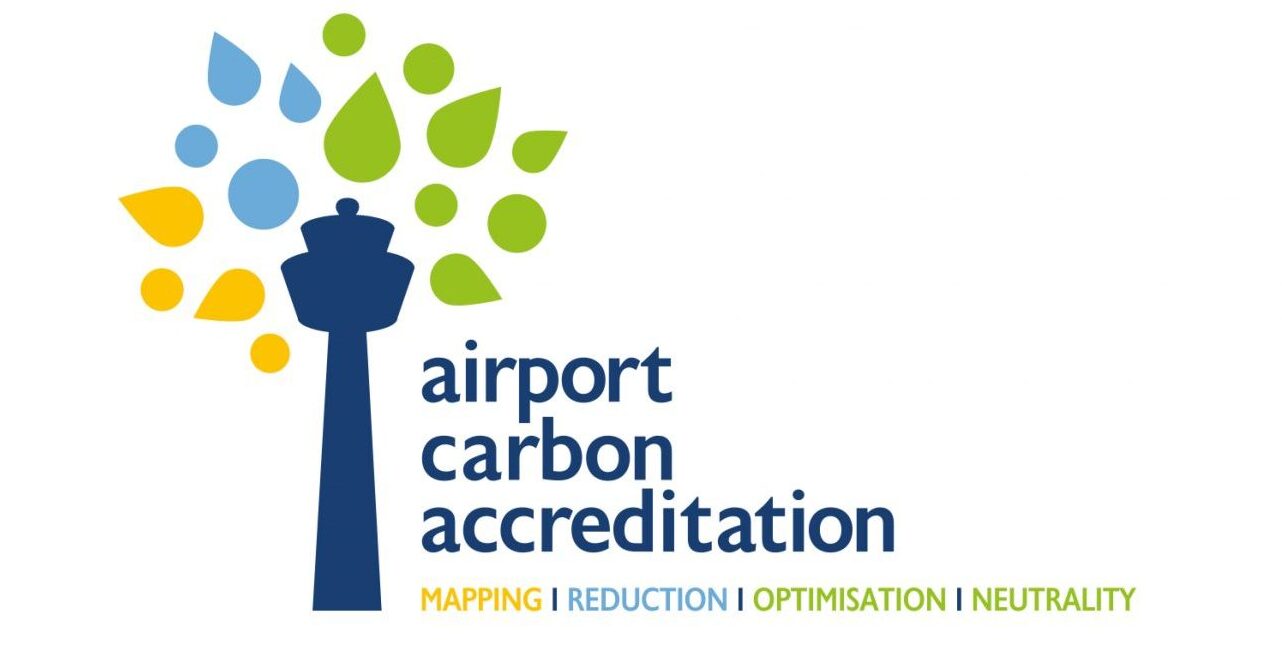The latest carbon reduction results achieved through the Airports Council International (ACI) Airport Carbon Accreditation programme are record-breaking, and represent a massive step forward towards the ambitious net zero by 2050 goal states set at the most recent ICAO Assembly. From May 2021 to May 2022, accredited airports succeeded in collectively reducing the CO2 emissions under their control by 549,643 tonnes, a reduction of -8.1%. This is the largest reduction ever achieved through the programme.
Niclas Svenningsen, Manager for Programmes Coordination at the United Nations Framework Convention for Climate Change (UNFCCC), noted, “The results announced today speak volumes of the global airport industry’s commitment to fighting climate change. Against the backdrop of worsening climate impacts and the window of opportunity to keep the warming below 1.5°C rapidly closing, we need all parts of our global economy to act now. Airports have clearly understood this message and are on the front line of climate mitigation within their spheres of influence and lending their impetus to other industry actors. I commend each and every airport engaged in this collective effort to advance the decarbonisation of the airport industry globally.”
According to Olivier Jankovec, Director General of ACI EUROPE, “The Airport Carbon Accreditation programme is at the heart of what decarbonising an industry like aviation must be about: aspirational yet deeply practical and actionable, charting not only achievements today but the way forwards for tomorrow. Airports know well the role they play in their communities and the expectations that air passengers have with regard to our shared responsibility for the climate and environment. The Airport Carbon Accreditation programme provides a framework for measurable progress and demonstrable results. We are intensely proud of the achievements to date, and the appetite for continued change.”
One of the programme’s achievements was the diversity of the airports that are now certified. Airports of all sizes are included. There are top global hubs such as London-Heathrow, Istanbul, Doha Hamad International, Singapore-Changi and Dallas Fort Worth and there are capital gateways in all continents such as Abidjan, Athens, Amman, Phnom Penh, Quito and San Jose. Equally, smaller airports serving remote areas, island nations and popular tourism destinations as diverse as Galapagos, Kelowna, Puerto Vallarta, Enfidha Hammamet, Trondheim and Sunshine Coast are proudly counted in their number.
Alignment with the Paris Agreement
The latest addition to the programme framework, Levels 4 (Transition) and 4+ (Transformation), require airports to align their carbon management and reduction trajectory with the objectives of the Paris Agreement, according to which global warming should be limited to below 2⁰C and ideally 1.5⁰C. Their launch back in July 2019 marked a step-change in the programme’s ambition level, laying the ground to accompany airports of all sizes and locations to reach Net Zero CO2.
The number of airports accredited at these levels reached 322 in the reporting period, pointing to the airport community’s readiness to pursue full decarbonisation in line with, or in some cases even more rapidly than the timelines enshrined in the global climate goals.
The complete 2021-2022 Airport Carbon Accreditation Annual Report is available for download here.
The achievement of the LTAG will rely on the combined effect of multiple CO2 emissions reduction measures, including the accelerated adoption of new and innovative aircraft technologies, streamlined flight operations, and the increased production and deployment of sustainable aviation fuels (SAF). The adoption of this long-term goal for decarbonized air transport by States and industry groups will contribute significantly to the green innovation and implementation momentum.
ICAO’s Carbon Offsetting and Reduction Scheme for International Aviation (CORSIA) is the first global market-based scheme that applies to a sector. It complements other aviation in-sector emissions reduction efforts such as technological innovations, operational improvements and sustainable aviation fuels to meet the ICAO aspirational goal of carbon neutral growth. We offer a CORSIA Verification Course that provides training on how to verify CO2 Emissions Reports that have been prepared by aircraft operators, in accordance with the provisions of the CORSIA Standards and Recommended Practices (SARPs).



